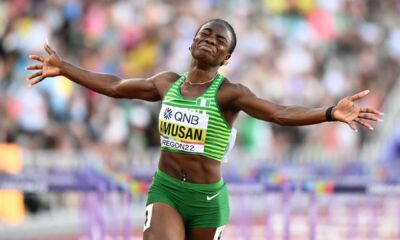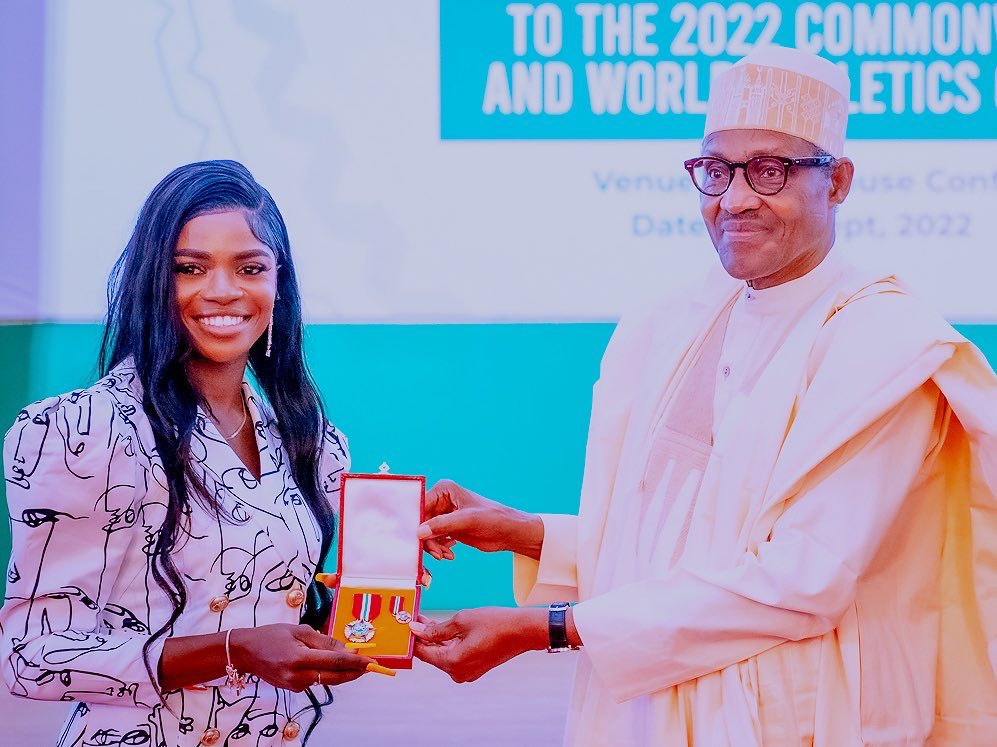Sport
Sebastian Coe re-elected as World Athletics president

Sebastian Coe, who has held the esteemed position of President of World Athletics since 2015, secured his re-election as the head of the governing body for track and field. This marks his triumphant third and final four-year term in this influential role.
The 66-year-old luminary, renowned for his dual Olympic triumphs as a 1500m champion for Britain in the years 1980 and 1984, emerged as the unopposed candidate during the ballot at the World Athletics Congress in Budapest. This significant event took place just two days prior to the commencement of the eagerly anticipated world championships in the captivating city of Hungary.
In compliance with the regulations laid out by World Athletics, Coe’s tenure will draw to a close at the conclusion of his third mandate, rendering him ineligible for a fourth term in office.
A multifaceted figure, Coe’s trajectory has encompassed both the realm of athletics and politics. Having once held the role of a Conservative politician, he went on to spearhead the local organizing committee for the illustrious 2012 London Olympics. His ascendancy to the presidency of the International Association of Athletics Federation (IAAF), subsequently rebranded as World Athletics, arrived amidst the turbulence of a corruption scandal involving former president Lamine Diack.
Under Coe’s astute leadership during his initial two mandates, significant milestones were achieved. The establishment of the Athletics Integrity Unit in 2017 stands as a testament to his dedication to combatting doping, as this independent entity oversees the integrity of the sport. Moreover, Coe’s resolute stance on matters concerning Russia came to the forefront. The nation faced suspension due to institutional doping, a decision reaffirmed in 2022 following Moscow’s intervention in Ukraine.
“The first four years of my mandate was making sure the ship didn’t sink. We were in a very serious position,” Coe said.
The next four years, he added, were about dealing with issues such as Russia, protecting the female category and boosting one-day events.
“The next four years will focus on what is the product that will future-proof the sport for the next 30 years,” he said, adding that decisions on competition would be data-based and not taken by presidential whim.













